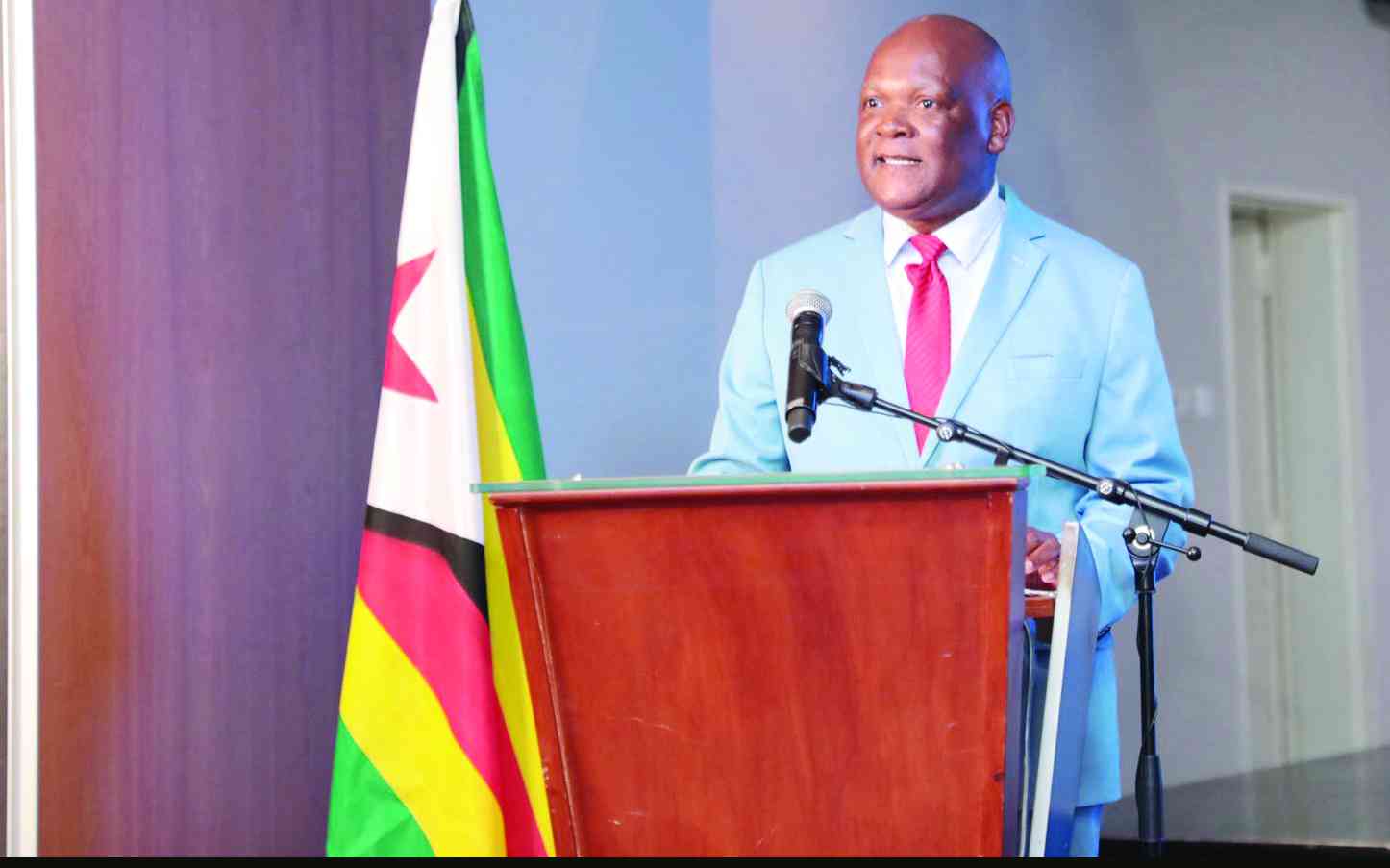STAKEHOLDERS in Bulawayo, including small to medium enterprises (SMEs), have applauded the Economic Empowerment Bill, saying it will spur on start-ups and sustain development in the country.
The Bill seeks to repeal the Indigenisation and Economic Empowerment Act [Chapter 14:33], paving way for the enactment of the new Economic Empowerment Act.
It is also expected to create resource and administrative structures for supporting economic empowerment of citizens.
“The Bill will encourage the start-up of SMEs, not just in the urban set-up, but also in the rural set-up. Local authorities, both urban and rural, are encouraged to give space for the growth of SMEs,” Chamber of SMEs Bulawayo co-ordinator Nketha Dlamini said during a consultative meeting in the city this week.
“One feature is that there will be a fund for capitalisation of these enterprises, which was not there before. Investment was lacking because people would struggle to get capital.”
Sarudzai Msimango, chairperson at the Lupane State University’s accounting and finance department, said the Bill will go a long way in sustaining development and bringing in investment.
Keep Reading
- Handling scenarios not covered by IFRS
- Zimdollar further depreciates against US$
- Prioritise green economic recovery in national budget
- SMEs urged to adopt business models to promote economic growth
“The Bill has dealt with some of the sticking points we had in the initial Act, for example, the 51% versus 49% share ownership and also other issues that had international investors,” she said.
Zimbabwe Congress of Trade Unions western region chairperson Ambrose Sibindi said the previous policy unnerved foreign investors.
“It was chasing away investors and we are happy that if all goes well, that will be abolished which I think is a plus for the country because when they come to the country with their money, they really use them to the fullest capacity,” Sibindi said.
Economist Stevenson Dhlamini said the Bill has the potential to redistribute wealth and empower marginalised communities.
To him, the key lies in ensuring that it fosters a business-friendly environment that attracts investment alongside empowering locals.
“This capacitation enables ordinary citizens to defectively participate as economic citizens. Giving them an opportunity to be owners of the means of production will go a long way in cultivating patriotism within Zimbabweans and creating a sense of belonging,” he said.





